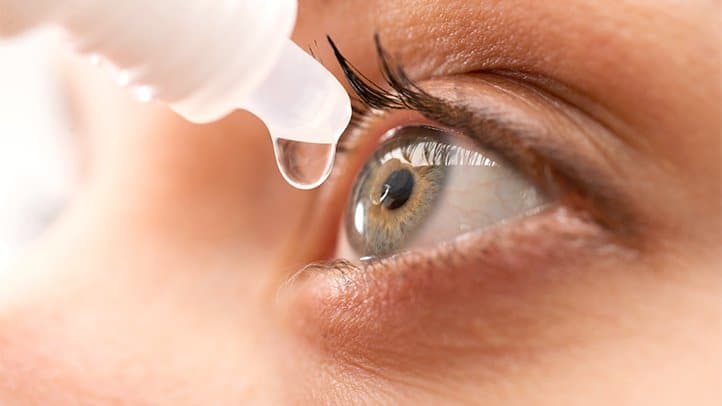What is dry eye?
Dry eye is a condition in which the eye does not produce tears properly. It can also involve tears not having the right consistency or evaporating too quickly. Tears are necessary to help maintain moisture on the surface of the eye and for clear vision. In many cases, the surface of the eye becomes inflamed and if left untreated, pain, ulcers, scars, and possibly loss of some vision can occur. Between 10% and 30% of the population, suffer from dry eye and studies have shown that people who have diabetes have a much higher chance of getting dry eye.
What causes dry eye?
There are any number of causes for dry eye including: — aging – hormones – medications — medical conditions (such as diabetes) — the environment –long hours in front of the computer — refractive surgery — contact lens wear.
How do you know if you have dry eye?
Any of the following symptoms could signal dry eye:
-
Stinging or burning sensation in the eye
-
Feeling like you have something gritty in your eye
-
Stringy mucus in or around your eyes
-
Pain in the eyes
-
Eye redness
-
Eye fatigue
-
Blurry vision
-
Heavy eyelids
-
Excess tears following periods of very dry eyes
-
Inability to wear contact lenses
How is dry eye treated?
Dry eye can be treated in a number of ways and you may need to try one or more of these: — medications — eye drops – ointments — procedures such as punctal plugs — gland expression. Your eye doctor is the best person to prescribe the treatment that is best for you.
Self-care:
-
Applying warm compresses on the eyes
-
Cleaning the eyelids to remove debris and oil and to help the glands in your eyelids function properly.
-
Massaging the eyelids
-
Blinking regularly when at the computer and when reading
-
Wearing sunglasses when outdoors
-
Increasing the humidity at home and at work
-
Keeping your blood sugars in your target range as often as possible
Nutrition:
-
Omega-3 fatty acids: Studies show that increasing your intake of omega-3 fatty acids can help with dry eye management.
-
Fluids: To prevent dehydration, drink plenty of water (roughly 8 glasses each day).
-
Omega-3 fatty acids are found in foods, such as fish and flaxseed, and in dietary supplements, such as fish oil.
Dry eye is an uncomfortable, chronic condition that can affect your quality of life, however, there are treatments available. Book an appointment with an LMC Optometrist to find the approach that works best for you.
Book now

